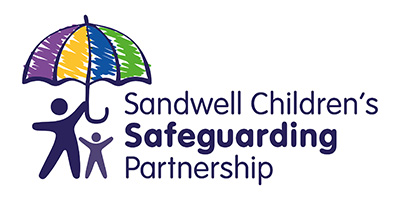Tackling Neglect
Neglect has been identified as an area of priority for the SCSP and a subgroup has been established with a mandate to take ownership of and be accountable for the delivery of this area of the business on behalf of the SCSP.
We know that the impact of neglect on children and young people is significant and can be long lasting, including a multi-generational effect of neglect. Neglect causes substantial distress to children and young people, often leading to poor health, education and social outcomes and potentially, can be fatal
To recognise and tackle neglect we must establish a clear and consistent understanding of what neglect is. Neglect is difficult to define, with no clear or conclusive standard for ‘good practice’.
Working Together to Safeguard Children (2018) defines neglect as:
The persistent failure to meet a child’s basic physical and/or psychological needs, likely to result in the serious impairment of the child’s health or development. Neglect may occur during pregnancy as a result of maternal substance abuse. Once a child is born, neglect may involve a parent or carer failing to:
- provide adequate food, clothing and shelter (including exclusion from home or abandonment)
- protect a child from physical and emotional harm or danger
- ensure adequate supervision (including the use of inadequate caregivers)
- ensure access to appropriate medical care or treatment
It may also include neglect of, or unresponsiveness to, a child’s basic emotional needs.
Horwath (2007) identified six different classifications of neglect:
- Medical neglect
- Nutritional neglect
- Emotional neglect
- Physical neglect
- Lack of supervision and guidance
- Educational neglect
It is important to note there are particular groups of children who are more vulnerable to experiencing neglect by virtue of their circumstances (Department for Education, 2016). These include, but are not limited to:
- Children with Disabilities
- Children vulnerable to exploitation both Sexual and Criminal
- Cultural Difference
- Children living with parents where there are concerns about poor mental health, domestic violence and abuse, substance misuse
- Children experiencing high levels of poverty and deprivation
Work with children and young people will be effectively measured by its impact on outcomes for children. Long term improvements will be measured.
The focus and remit of work for ‘Sandwell’s Tackling Neglect Subgroup’ (STNS) ambition is to reduce levels of neglect and where possible to prevent neglect from the earliest possible opportunity. Ensuring we have robust systems and processes in place for the early identification of neglect and prevent where possible.
To ensure that children who experience neglect are listened to and safeguarded and that all professionals working with vulnerable families are given the support, knowledge, skills and training required to identify neglect and supporting the families to make appropriate changes.
Email SCSP_Business@sandwell.gov.uk with any queries
